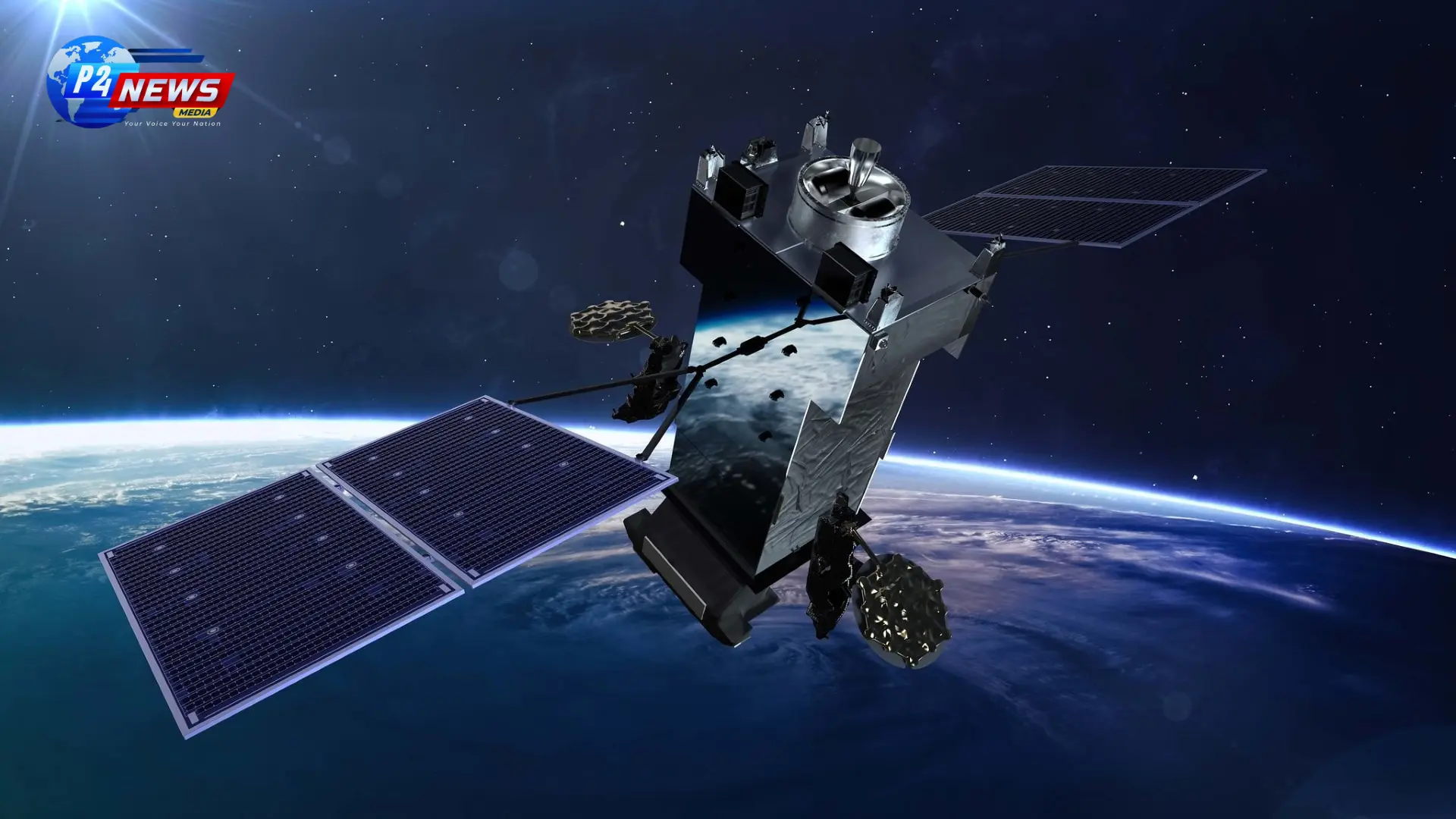A significant $7 billion military satellite project in Australia has been terminated as the government conducts a review of defence expenditures. Originally assigned to Lockheed Martin, the initiative aimed to establish an advanced communications satellite network for national defense.
Cancellation of $7 Billion Military Satellite Project
A planned military satellite initiative in Australia, valued at $7 billion, has been cancelled. The decision comes as the government is currently reassessing its defense expenditure strategies. The Prime Minister has emphasized that the government is prioritizing its defense acquisitions.
Background of the Project
Last April, Lockheed Martin, a prominent US defense corporation, was chosen to implement a robust network consisting of three to five satellites designed for military applications. This architecture aimed to ensure enhanced protection against cyber threats and electronic warfare, which was set to be the largest defense space contract ever awarded in Australia.
Details of the Cancellation
As per the Department of Defence's announcement, the JP9102 project, which encompassed a series of geostationary communications satellites and ground support stations, has been deemed incompatible with the evolving strategic priorities of the country. The statement articulated that advancements in space technology and the emergence of new threats have rendered a single satellite communications system insufficient.
Alternative Bids and Competitive Landscape
Lockheed Martin had outperformed offers from other competitors including Airbus and Northrop Grumman in securing the tender. However, formal contracts were not finalized. Following the announcement, Prime Minister Anthony Albanese discussed the government's dedication to making informed decisions aligned with national interests.
Responses and Reactions
The decision to terminate JP9102 has not been met favorably by all. Shadow Defence Minister Andrew Hastie criticized the cancellation, labeling it a disgrace. Some industry insiders have hinted that exploring cheaper alternatives may be a reasonable approach, suggesting that proposals exist to integrate Australian assets on satellites managed by American firms.
Concerns from Defence Analysts
Despite industry discussions of alternative strategies, defense expert Malcolm Davis condemned the cancellation, arguing that effective communication is critical for operational success in defense. He posited that the cancellation undermines Australia’s credibility in maintaining an independent defense framework.
Lockheed Martin's Statement
Lockheed Martin has pledged to continue supporting the Australian government in fulfilling its strategic requirements while transitioning affected personnel to other projects. The company asserted its commitment to collaborating with the Australian Defence Force on various ongoing initiatives.
Government's Broader Plans
Amidst criticism, Defence Minister Richard Marles previously expressed optimism regarding Australia's presence in space, even following reports of numerous Chinese satellites monitoring Australian military exercises. The government has also seen budget cuts leading to the abandonment of other satellite initiatives aimed at providing data on climate change and agriculture.
In conclusion, the recent cancellation of the JP9102 project raises significant questions regarding Australia's defense strategy and satellite capabilities. As the government navigates its budget constraints, the decision will likely have lasting implications for national security and technological advancements in aerospace.
















Comments 0